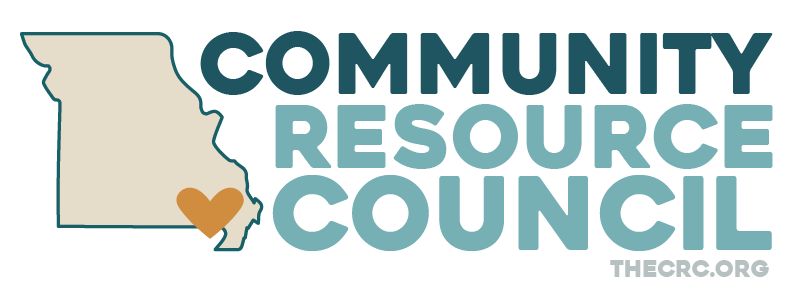I hope you all enjoyed a wonderful holiday season, and have many great hopes and aspirations for the New Year. The winter months are always a wonderful time to celebrate with family, and unfortunately also a great time to share all the illnesses floating around during this time of year. That brings us to our topic for this month, School Attendance. Good School Attendance is a protective factor that puts youth at a lower risk of using substances. This month we are going to talk about why good school attendance is so important, when it is appropriate to miss school, and what you can do to help your child if they have to miss school.
School Attendance is important for many reasons. There is a direct correlation between school attendance and school performance, which is also a protective factor for substance use. Basically, kids need to be in school so they can learn what they need to learn. When kids have to miss school for any reasons it is very easy to fall behind quickly, and often they are left to do the learning on their own when they miss the lessons, which can be very difficult to do. It may seem like missing one day of school isn’t that big of a deal, but think about it, when a child misses even one day of school they miss a math lesson, a reading lesson, a science lesson, a history lesson, and often they miss out on conversation about upcoming assignments and tests. Also, when children aren’t at school many times it means they are left unsupervised while their parents are at work. We know from last month’s blog that the lack of adult supervision also puts them at a higher risk for substance use.
Unfortunately, as I mentioned earlier, sometimes our children need to miss school because they are sick. While school attendance remains a priority, we also want to mention that it is important not to send your child to school if they are sick. Most schools have an illness policy listed in their school handbook, you should refer to this if you are unsure if your child should attend school or not. If your child is recovering from an illness and no longer running a fever, but still coughing, check with your child’s teacher to see if you could send in a water bottle so they could get in a drink more often. Most teachers are happy to provide accommodation for children who may not be feeling 100% but are not sick enough to stay home from school.
If your child does have to miss school for an illness or another personal matter, there are some things you can do as a parent to help make sure their absence doesn’t create any issues for them in the future. First of all, call your child’s school and let them know they will not be there and why. Next, if they are going to be gone for more than 1 day or if the absence is planned ahead of time, call your child’s teacher to request their schoolwork they will be missing during the absence. This will help your child be able to stay caught up. It is also important to remember that if a teacher sends work home with your child it is YOUR responsibility as the parent to help them complete that work. It is very likely that they may miss that day’s lesson and not know how to complete some of the work independently, so when the child misses school it may be up to you to teach them the skills needed in order to complete the work. Now, I understand that if your child is a High School Student in Chemistry or Calculus, you may not be able to help teach them the skills they are missing in class. If this is the case, have your child work with the teacher to ask if they could make arrangements for a one on one session to receive any lessons they are missing.
In summary, our children NEED to be in school. It is our job as parents to encourage good school attendance and make sure our children stay caught up in the case they need to miss school. We can also work to schedule vacations or non-urgent appointments on days when the child is already out of school to ensure they don’t miss any learning. Let’s work together to keep our kids healthy and prevent youth substance use.
